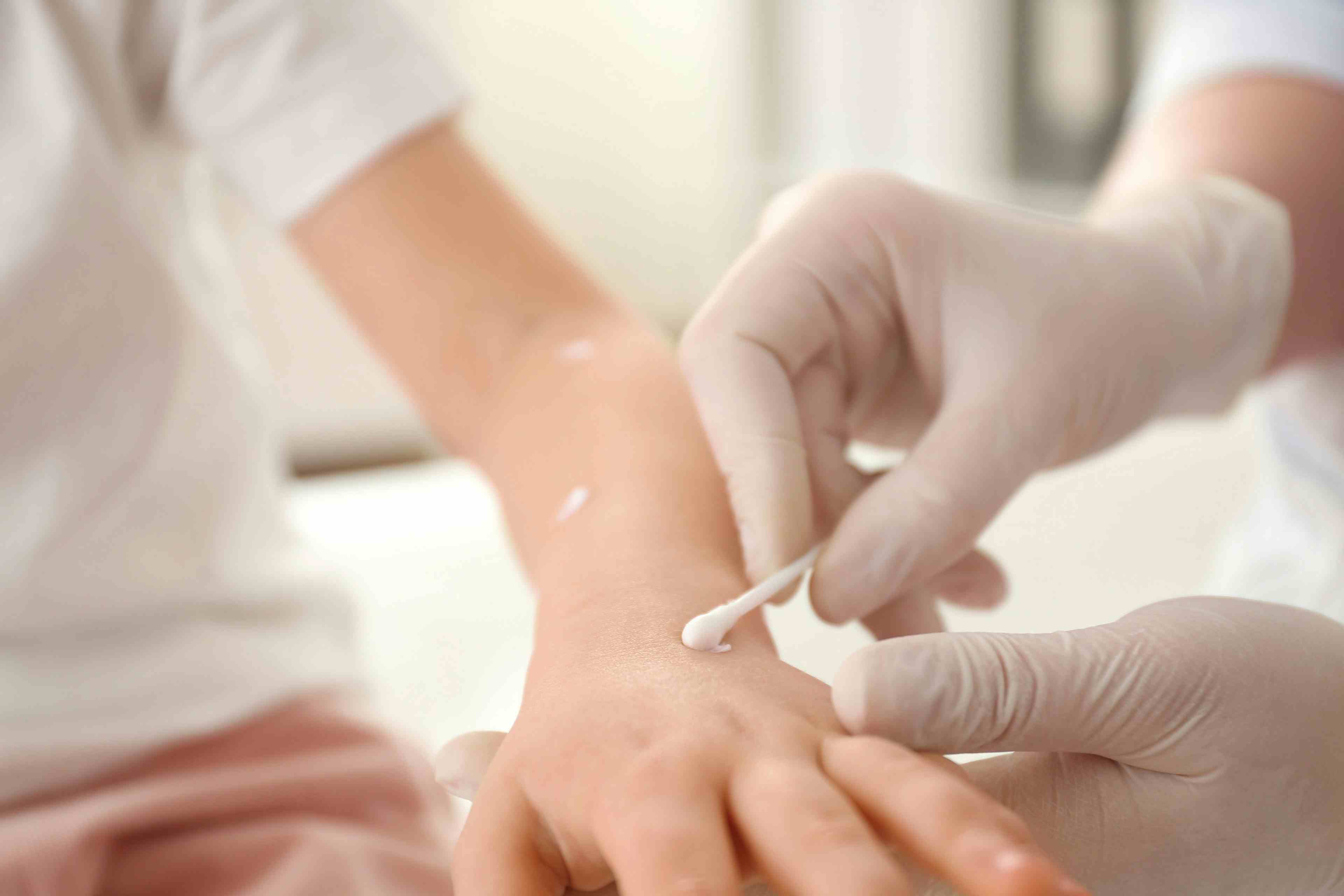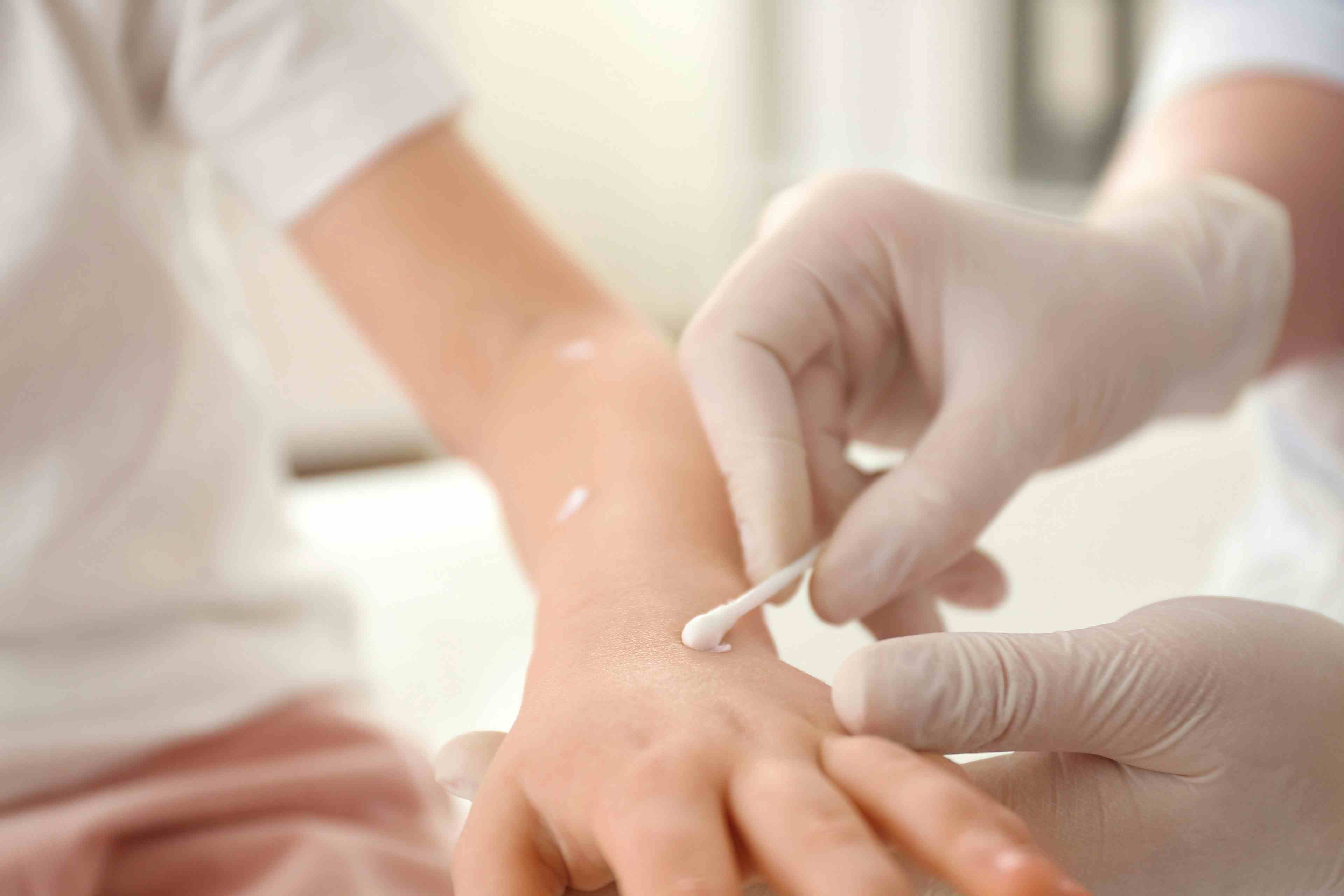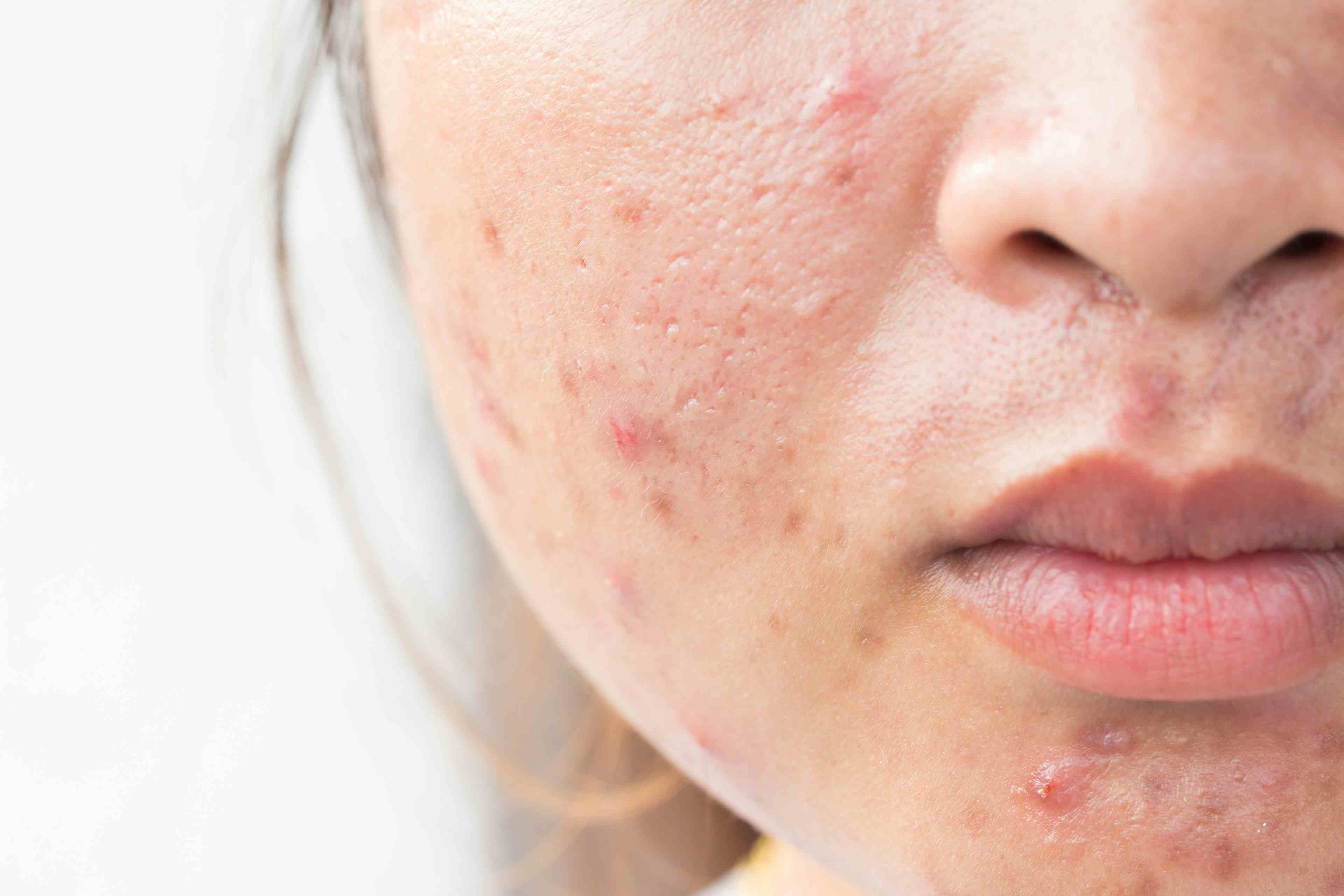- Acne
- Actinic Keratosis
- Aesthetics
- Alopecia
- Atopic Dermatitis
- Buy-and-Bill
- COVID-19
- Case-Based Roundtable
- Chronic Hand Eczema
- Chronic Spontaneous Urticaria
- Drug Watch
- Eczema
- General Dermatology
- Hidradenitis Suppurativa
- Melasma
- NP and PA
- Pediatric Dermatology
- Pigmentary Disorders
- Practice Management
- Precision Medicine and Biologics
- Prurigo Nodularis
- Psoriasis
- Psoriatic Arthritis
- Rare Disease
- Rosacea
- Skin Cancer
- Vitiligo
- Wound Care
Article
Ciclopirox shampoo eases seborrheic dermatitis
Antipityrosporal 1 percent ciclopirox shampoo can be used weekly or once every two weeks to treat seborrheic dermatitis and prophylactically to prevent its recurrence, according to a study published in the Archives of Dermatology in January.
Antipityrosporal 1 percent ciclopirox shampoo can be used weekly or once every two weeks to treat seborrheic dermatitis and prophylactically to prevent its recurrence, according to a study published in the Archives of Dermatology in January.
"All the evidence indicates that it works," says Sam Shuster, M.D., professor emeritus at the University of Newcastle in the U.K. and the study's principal investigator. "What is surprising is that you can use the shampoo as little as once a week, and it still reduces the seborrheic dermatitis."
Previous research by Dr. Shuster and colleagues demonstrated a link between seborrheic dermatitis and dandruff - and that both are caused by a fungus called Malassezia furfur; their previous studies showed that the most effective treatments are those that are active against the causative fungus. Steroidal agents have also been used to treat seborrheic dermatitis, but Dr. Shuster notes that treatment option is less satisfactory because it does not affect the cause of the condition and has long-term side effects such as atopy and telangiectasia.
"In addition to being effective in both treatment and prophylaxis, an advantage of ciclopirox shampoo is that it is not irritating, toxic or photosensitizing," says Dr. Shuster, a hospital consultant at University Hospital in Norwich, England.
Dr. Shuster's study saw 949 patients in 45 medical centers in Germany, France, the U.K. and Austria randomized to receive ciclopirox treatment once weekly, twice weekly or placebo for four weeks, considered the acute treatment phase. Thereafter, 428 subjects received either ciclopirox once weekly or every two weeks or placebo for three months. Initially, subjects had a two-week run-in period with a regular shampoo.
Subjects recruited to the study were between 18 and 88 years of age and had at least moderate seborrheic dermatitis of the scalp. Patients with diabetes, psoriasis or asthma were excluded from the study, and concomitant scalp treatments were not permitted for four weeks prior to the study. About half of subjects had a history of seborrheic dermatitis for more than two years. A total of 57 percent of subjects were men, and the median subject age was 38. The condition is more common in men than women.
The response rates demonstrated increased response with increased frequency of use of ciclopirox shampoo: the rate was 57.9 percent in the twice-weekly treatment group, 45.4 percent in the once weekly group and 31.6 percent in the placebo arm. Similarly, clearance of seborrheic dermatitis occurred in 23 percent of subjects who used it twice weekly, 17 percent of subjects who used it once weekly and 10 percent of subjects who were on placebo.
Relapses, defined by a worsening of symptoms, occurred in 14.7 percent of patients using prophylactic ciclopirox once weekly, 22.1 percent in the group who applied the shampoo once every two weeks and 35.5 percent among subjects who used placebo. The treatment, therefore, is effective for prophylaxis as well as the initial treatment.
Local tolerance and cosmetic acceptability were rated as "good" in more than 85 percent of subjects. A total of 12.6 percent of subjects experienced adverse events during treatment, with the rates being comparable among the three study arms. No serious adverse events were reported. The rates of study discontinuation were 3 percent in the ciclopirox arms of the study and 8 percent in the placebo group.
"The antipityrosporal effects of the shampoo work by eliminating the yeast that is present," Dr. Shuster says. "Patients can use a non-medicated shampoo in the interim between using the ciclopirox shampoo."
Newsletter
Like what you’re reading? Subscribe to Dermatology Times for weekly updates on therapies, innovations, and real-world practice tips.
















